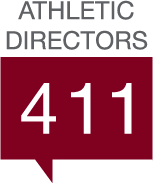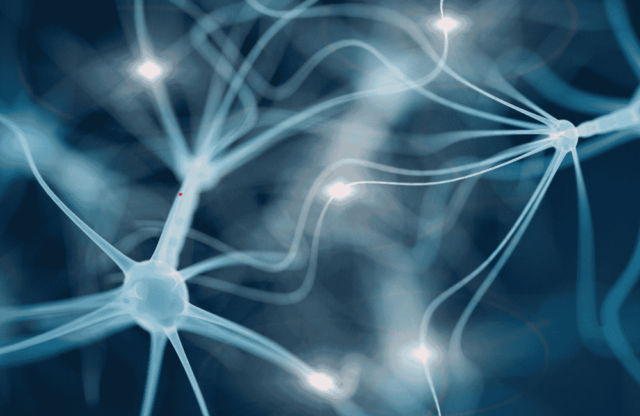Are your coaches teaching based on science … or on myths?
In a time where athletic performance is increasingly driven by data, many coaching strategies still rely on outdated or incorrect beliefs about how athletes learn. A recent international study by The Sports Journal reveals that while most coaches are eager to learn about the brain and effective learning strategies, many still believe in long-debunked “neuromyths” — like the idea that people learn better through their “preferred learning style” or that some are naturally “left-brained” or “right-brained.”
As an athletic director, you’re in a powerful position to change that narrative.
Why Evidence-Based Coaching Matters
Evidence-based coaching means using strategies backed by research in neuroscience, psychology, and education, not fads or guesswork. When coaches base their training on how learning actually works, athletes retain more, adapt faster, and perform better under pressure.
In the Sports Journal study, over 80% of coaches said they were coaching to athletes’ learning styles — even though research shows this method doesn’t improve learning. At the same time, coaches expressed high interest in learning more about brain science and effective practices.
The gap is clear: coaches want to learn more … but they need guidance.
Common Neuromyths Holding Coaches Back
Here are a few popular myths that the research flagged as still common in coaching circles:
- Learning styles: There’s no strong evidence that tailoring coaching to “visual,” “auditory,” or “kinesthetic” learners improves performance.
- 10% brain use: We use all of our brain, not just 10%.
- Left vs. right brain: This idea has no scientific basis; both hemispheres work together.
- Classical music = smarter athletes: No, listening to Mozart won’t boost reasoning skills.
When coaching is built on these myths, it can lead to ineffective habits and missed opportunities for real growth.
Science-Backed Strategies That Work
Fortunately, the same study highlights many evidence-based practices that coaches are already using — or should adopt more widely. These include:
- Growth mindset: Teaching athletes that ability and talent improve with effort.
- Active learning: Getting athletes to engage: think, reflect, and adjust.
- Spaced practice: Spreading out practice and training sessions improves retention more than massed (crammed) sessions.
- Retrieval practice: Having athletes recall what they learned, like through low-stakes quizzes or challenges.
- Mindfulness: Helps athletes stay focused, manage stress, and improve performance.
What You Can Do as an Athletic Director
You don’t have to be a neuroscientist to promote science-driven coaching. Here’s how you can support your staff:
- Encourage professional development that focuses on brain-based learning and coaching practices.
- Review current training programs to ensure they emphasize evidence over tradition or trendiness.
- Create space for coaches to learn, discuss, and reflect on new research.
- Support onsite learning opportunities, as these were ranked the most preferred format in the study.
Even simple conversations about “what works” can begin to shift coaching culture. Your coaches want to grow, and the science is ready to guide them.




